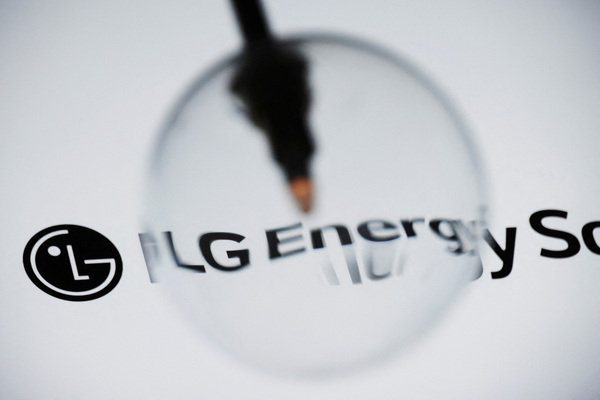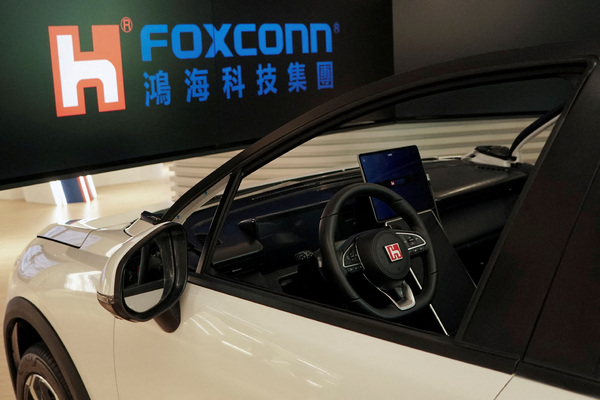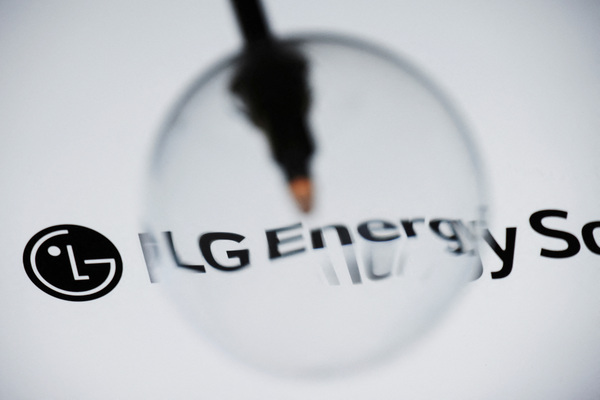Girl power: gender diversity in the energy industry
Sponsored by Aramco
by Ruby Halabi, Corporate Citizenship Advisor, Aramco Overseas Company UK
The energy industry is adapting itself for a more sustainable future. But how can it adapt for women to excel?
The energy industry is the heartbeat of our modern world, and as it continues to propel economies, infrastructure and transport, never has so much been so dependent on one industry. The fourth industrial revolution is not only about furthering the needs of our economies, but also about ensuring sustainability and resilience of our people and our planet. From smarter engines to the role that is played by artificial intelligence, the energy sector is seeking to adapt itself for the future.
But as it makes leaps in capturing carbon, there is still something that continues to evade its grasp: gender equality. The energy industry ranks eighth out of nine industries surveyed by the Boston Consulting Group (BCG) in relation to gender diversity, being ahead of just construction. With only 22 per cent of its workforce female, it has a long way to go compared with health and social work (60 per cent) and education (55%)
The challenge increases with seniority, as the number of women in the workforce gradually decrease from 25 per cent to 17 per cent between middle management and senior leadership. And when scrutinising these figures further, we find that field work has even more to contend with, as the industry average being as low as 10 per cent.
Why does the industry face such challenges? For some, the answer is simply that the energy industry has always been male dominated and it will take a lifetime to change that.
But there are other factors that seem to make the energy industry an unappealing career choice. Globally, the proportion of girls in STEM education is only around 20 to 30 per cent, compared with their overall participation in tertiary education, which is on average between 50 to 60 per cent. With fewer women in the talent pool at the start, there are fewer at the end and so fewer for the energy industry to target for technical roles.
For more information on Aramco, please visit www.aramco.com
Additionally, the perception of the industry by both men and women is that it is male dominated. Coupled with the lack of female role models, the result is that women do not feel encouraged to enter the field. An overall perception of lack of support, of diversity and family-friendly policies fuels the lack of interest among women to begin their careers in energy and pursue them to the top. Additionally, men perceive women as less flexible and therefore less suitable to certain roles. With an already low number of women at the top, there is less representation in the decision-making process on policies and promotions to counteract this view.
According to POWERful Women, a professional initiative to advance gender diversity within the UK energy sector, better balance is better for business. “The energy sector is facing an enormous transformation but there is a huge pool of female talent out there that isn’t being tapped,” says Ruth Cairnie, Chair of POWERful Women. “Achieving better balance throughout an organisation, all the way up the top, leads to innovation, improved financial performance, better customer relationships, and a stronger social licence to operate.”
Reem Al-Ghanim, Diversity & Inclusion, Saudi Aramco, shares some of the initiatives energy companies can adopt to encourage women in the industry. “First, focus on the pipeline,” she says, “and the importance of encouraging girls from as young as seven years old to study STEM and maintaining this encouragement throughout the career ladder.” With various programmes designed specifically for women, Aramco focuses on developmental opportunities at each stage of the career life-cycle, from entry-level roles to leadership positions. Experience is also important. “When women are offered experiences doing a job, especially those that were once restricted, we are able to develop their skills in on-job development programs and further their technical expertise,” says Al-Ghanim.
Al-Ghanim also highlights the importance of challenging preconceived notions about “the roles of women in society, unconscious bias and how we define physical capabilities.” And with inclusion training aimed at leadership as well as technical and professional fields, Aramco is able to encourage a more inclusive culture. “[We must] create an enabling environment through policies and infrastructure,” continues Al-Ghanim. To work towards this, she contends, companies must look at things such as facilities in the field and policies for maternity and parental leave.
The value of gender diversity in the workplace has been documented – it not only allows us to have a more fair society, providing opportunities for all who seek it, but benefits businesses too. The World Economic Forum reports that women’s participation in the workforce is no longer a social issue, but can cost entire economies. Gender diversity in work enhances innovation and decision making, whether because of a reflection and identification of a diverse stakeholder base (customers, employees) or – as women make up the majority of those enrolled in universities – because of previously untapped and highly educated talent coming into play.
BCG also reports that increased gender diversity has been associated with improved problem-solving, greater creativity and lower-risk decision making, primarily thanks to the addition of so-called female traits such as collaboration and empathy.
An energy sector that is organically diverse currently does not exist. However, by focusing on the three areas of pipeline, perception and environment, we are able to engineer equality – maybe one day it will then become the norm. With the importance of diversity in teamwork and innovation, perhaps the key to the fourth industrial revolution lies in ensuring we have more favourable working environment for both women and men in the industry.
For more information on Aramco, please visit www.aramco.com

Business Reporter Team
Related Articles
Most Viewed
Winston House, 3rd Floor, Units 306-309, 2-4 Dollis Park, London, N3 1HF
23-29 Hendon Lane, London, N3 1RT
020 8349 4363
© 2025, Lyonsdown Limited. Business Reporter® is a registered trademark of Lyonsdown Ltd. VAT registration number: 830519543





